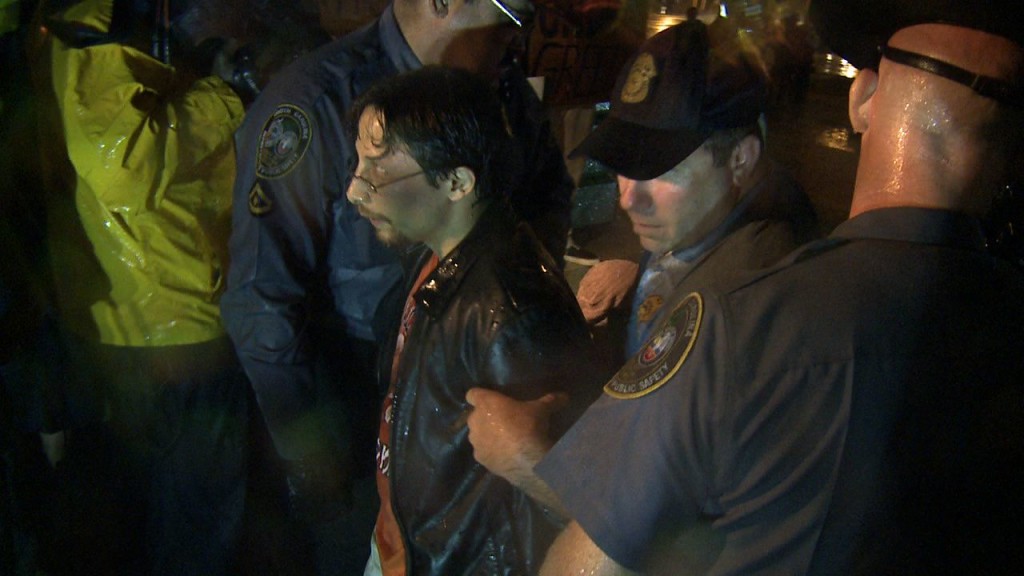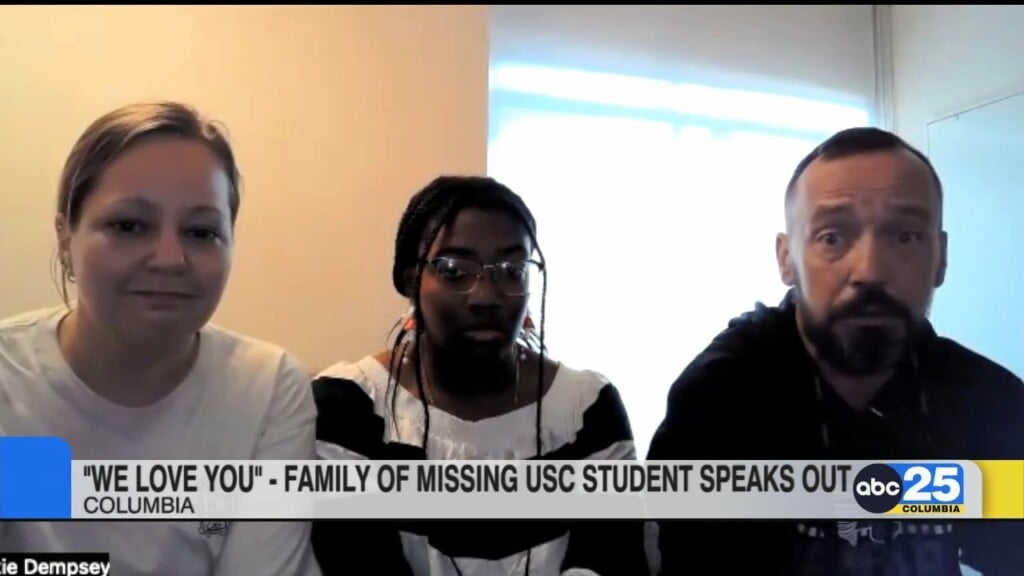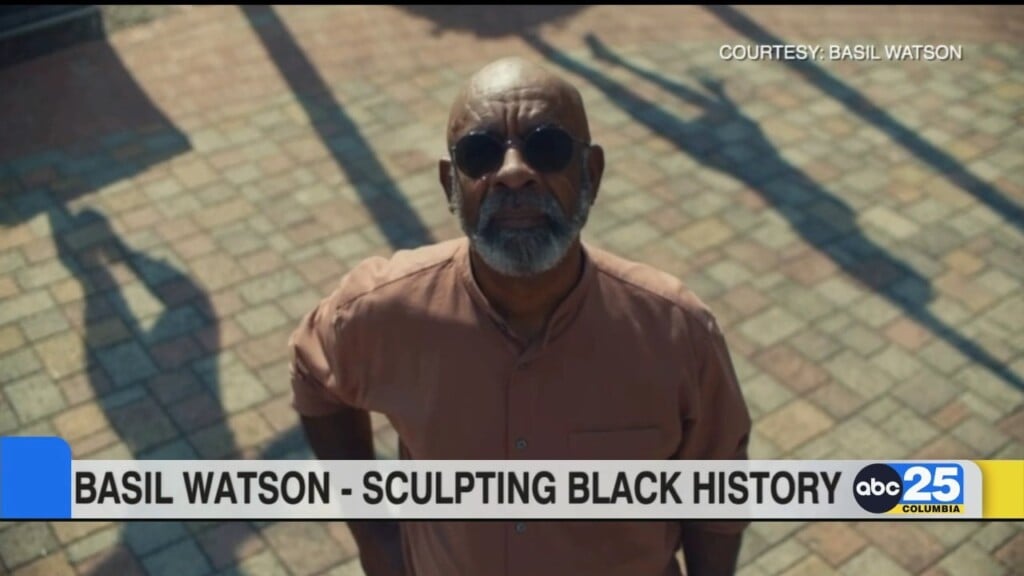Challenge planned for Haley’s Statehouse curfew

COLUMBIA, S.C. (AP) — A group of demonstrators says it is mounting a challenge to Gov. Nikki Haley’s order for police to arrest anyone protesting on Statehouse grounds after 6 p.m., following last week’s arrest of 19 Occupy Columbia protesters.
SC Progressive Network Director Brett Bursey said the gathering from 6 p.m. to 7 p.m. Monday would draw attention to protesters’ claims that Haley is taking away First Amendment rights.
Haley’s office offered little hint on Monday afternoon how officers would respond.
“The governor loves when people find the power of their voice, and Occupy Columbia is no exception,” her spokesman Rob Godfrey said when asked about the potential for more arrests. “They are welcome on the Statehouse grounds, but we have been clear: the Statehouse is not a campground.”
Last Wednesday, Haley ordered the Bureau of Protective Services to arrest anyone rallying on Statehouse grounds after sunset, ending Occupy Columbia’s 33 days of constant protests. She complained of public urination and toilet paper strewn in bushes, but the demonstrators said they had always been respectful.
Tim Liszewski, the group’s liaison to state officials, said the group paid to put a single portable toilet in an inconspicuous spot and moved their belongings every few days to prevent damage to the grass.
But Haley said she was tired of seeing mattresses, sleeping bags and storage bins outside her office window and below the part-time Legislature’s chambers.
The directive came as workers prepared the Statehouse Christmas tree for the annual lighting ceremony on Nov. 28.
Bursey said no one would be arrested Monday unless they refuse to leave after being ordered by officers.
“If I can’t stand on the Statehouse grounds with a sign that expresses my opinion about how our democracy has been high-jacked by corporate interests, I’d rather be in jail,” he said.
Nineteen protesters were led away last Wednesday in plastic cuffs amid a driving rain.
All were released from jail without putting up bail money after a bond hearing. They face a Dec. 14 trial date on a charge of unauthorized use of the Statehouse or its grounds, said Liszewski, who was among those arrested.
On Thursday, about four dozen protesters who weren’t arrested marched around the nearby University of South Carolina campus to declare their return. They continued their protest on Statehouse grounds, but dispersed.
Haley said the occupation had cost $17,000 in police overtime and other expenses. Six days later, her office still had not responded to a request from The Associated Press for a breakdown of those costs.
A spokeswoman for the Budget and Control Board, which oversees maintenance for Statehouse grounds, said Monday that an overhead light stand cost cost a total of $4,400, but that agency has not incurred any additional staffing costs for maintenance.
Jay Bender, a Columbia lawyer and state open records law expert, said the decision to arrest protesters recalls a 1961 arrest of about 200 black protesters who marched to the Statehouse. Columbia’s city manager at the time told them to leave in 45 minutes or be arrested. The protesters appealed convictions then all the way to the U.S. Supreme Court and won.
Bender said the Occupy Columbia protesters seemed to be a model of cooperation, as they complied with a no-tent rule, didn’t hassle Statehouse visitors, didn’t interfere with traffic and agreed to stop drumming and chanting by 10 p.m.
Others who questioned Haley’s approach included Columbia Mayor Steve Benjamin and Victoria Middleton, executive director of the American Civil Liberties Union of South Carolina.

